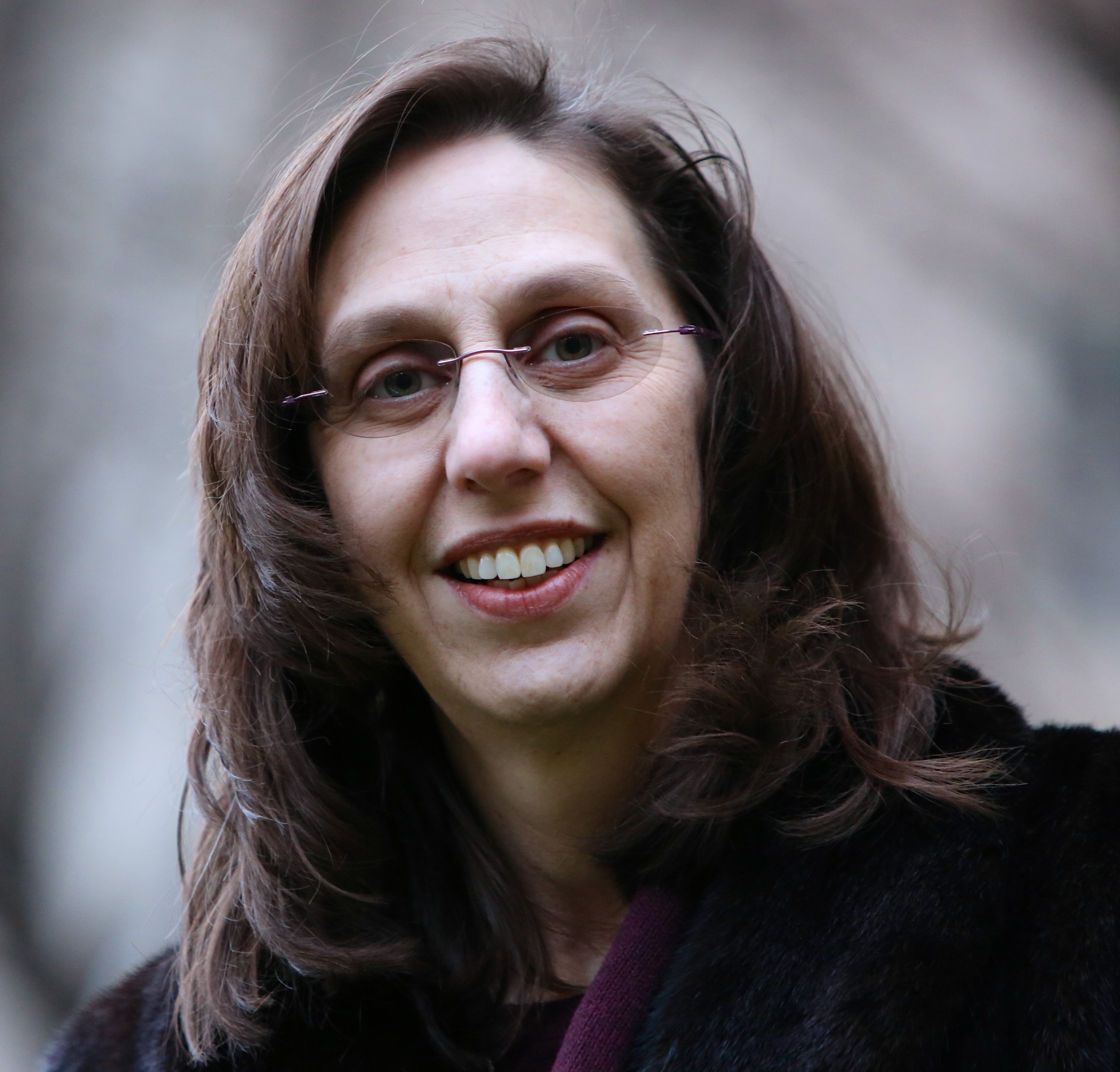Come with me for a moment to the Southern Wall and the Hulda Gates. It is one of my favorite places in Jerusalem, just around the corner from the Western Wall. Stones block the gates now, but I like to imagine throngs of Jewish pilgrims climbing the stairs to enter the Temple Mount. The people mostly walked in one direction together through the gates. But it is the folks who walked the wrong way around who are the reason this spot touches my heart.
According to the Talmud (Semachot Chpt. 6), four types of people intentionally walk toward the community at the gates: mourners, families with a sick person at home, banned people, and those seeking a lost object. The Rabbis teach us that it is our responsibility to reach out as they walk by. We are supposed to start the conversation with proscribed words, “Why do you go round to the left?” The Rabbis then teach us to listen and offer the correct blessings in response. I love these gates because embedded in the very physical structure of the Temple Mount is the reminder that the people around us have hidden pain, and we must treat each other kindly. The flow of traffic creates an emotional support system that lifts up these Jews who carry certain special burdens. I believe this also reminded the community as a whole that everyone carries hidden burdens.
This week’s Torah portion is a double portion, which happens a few times a year. The first parashah is Acharei Mot– After the Death. Last week, the sons of the High Priest Aaron had offered an inappropriate “alien fire” to G-d and were burned to death. So now, boundaries need to be drawn and rules made so that no priest would make that error again. As part of these rules, the Torah affirms the holiness of the priests and introduces us to the rituals of Yom Kippur, including the Holy of Holies and the scapegoat, as well as extensive rules regulating sexuality. This parashah talks more about repentance than mourning. It is almost as if after the death of Aaron’s sons, G-d is doubling down on the rules, boundaries, and protections to make sure the remaining priests stay holy and safe.
The second parashah is K’doshim – Holy– and continues laying out the rules and dictates what we know collectively as The Holiness Code. Moving forward from laws primarily directed at the priests in Achrei Mot, we now are told that the whole of the people of Israel can be holy – all of us. Dr. Tamara Cohn Eskenazi in WRJ’s The Torah: A Women’s Commentary notes that the personal and community holiness described in K’doshim is uniquely based on love and connection. We are taught in K’doshim that compassion is meant for strangers as well as for our fellow Israelites. We are reminded to consider the needs of others and not put a stumbling block before the blind or insult the deaf. The Holiness Code instructs us to revere our parents, not pray to idols, and leave the corners of our fields for the poor and the stranger. We must rise for the elderly, and be honest and fundamentally fair in our business and other dealings with each other. In addressing our relationship with ourselves, our community, and our G-d, K’doshim fills G-d’s rules, boundaries, and protections with love and holiness.
The Hulda Gates put into practice at the Temple Mount some of the basic principles of holiness laid out in the paired parashot of Achrei Mot and K’doshim. During the time of the Temples, the Temple Mount included the Holy of Holies that the High Priest entered on Yom Kippur after sending the scapegoat out into the wilderness. The repentance and many of the rules from Achrei Mot are carried out here. At the same time, outside, four groups walked against the tide of pilgrims, so that the community could see them, hear them, love them and bless them, acting with holiness as laid out in K’doshim.
After the Great Pandemic of 1918, “Once it was over, no one wanted to talk about it.” We now know that silence and separation can extend and deepen the impact of trauma. As we move slowly out of our Great Pandemic, this week’s pair of Torah portions remind us that there are two parts to moving forward. Achrei Mot teaches us to learn the lessons of the pandemic and take steps to reduce the chance of the trauma happening again; K’doshim and the Hulda Gates remind us that we will need opportunities to speak of our losses and even our gains, and to embrace empathy and compassion as we hear each other’s stories, love each other, and help our world heal.
Related Posts

Continuing to Educate and Empower People Together

My Challah-Making Experience


